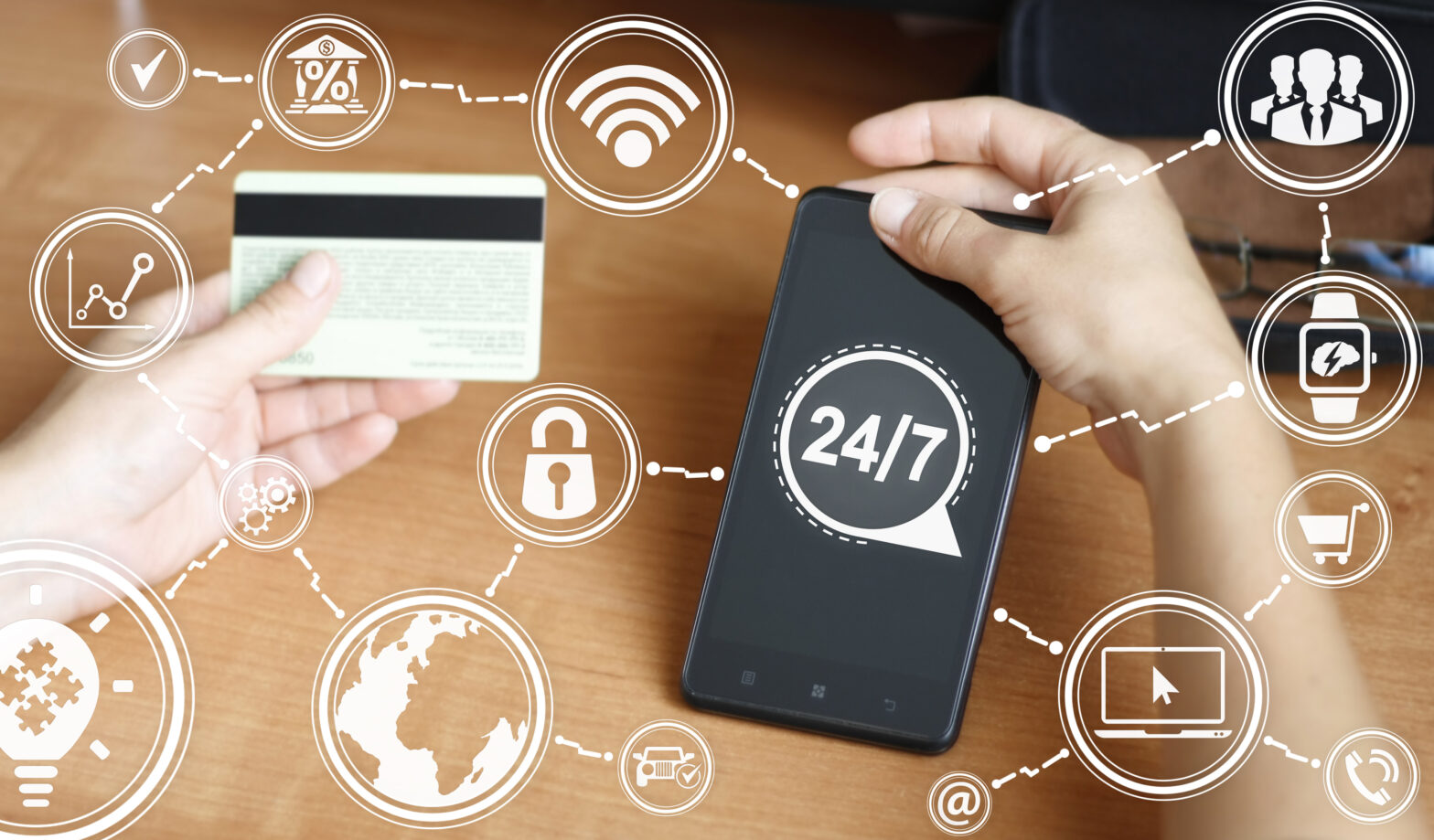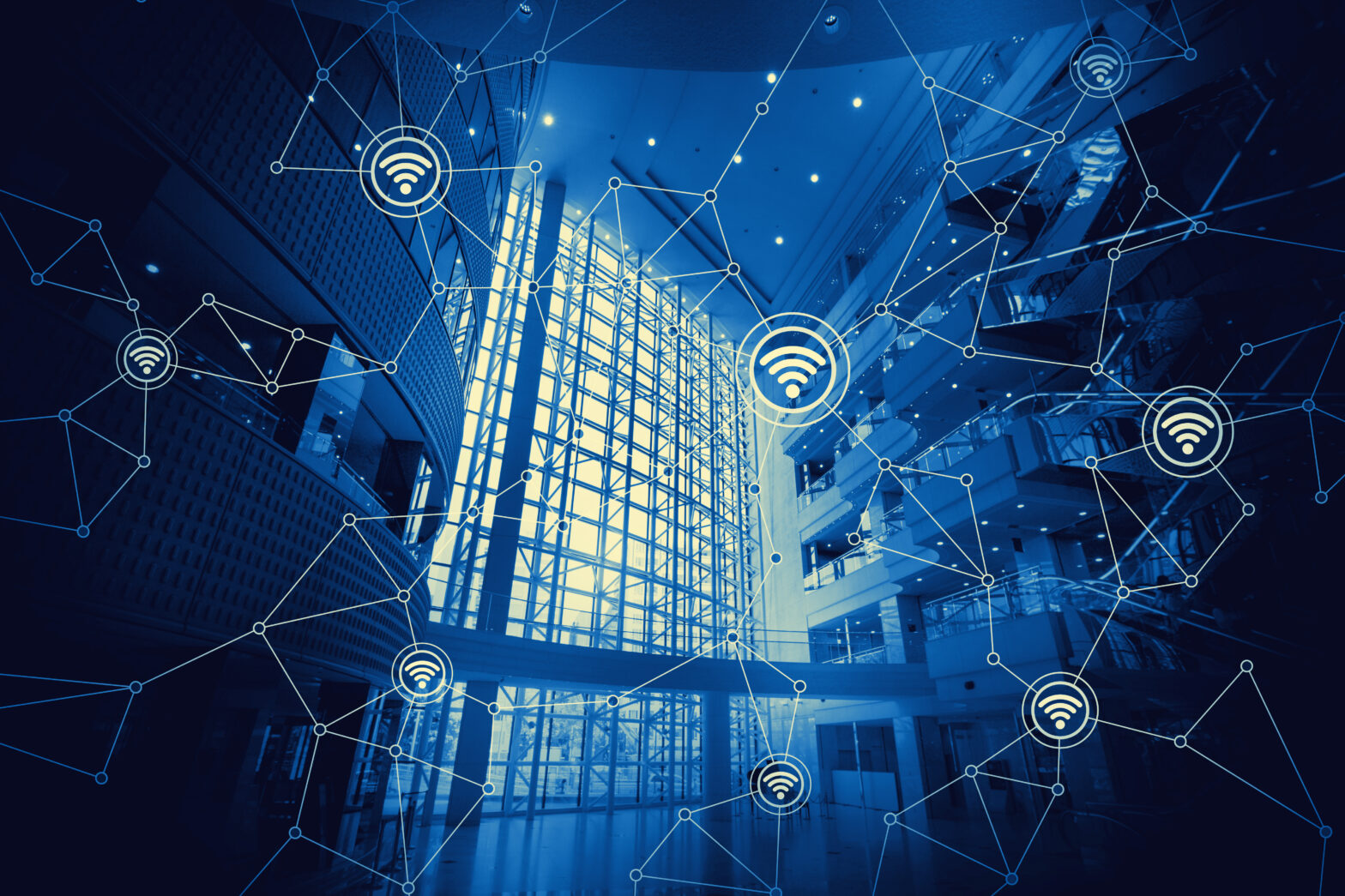The Internet of Things (IoT) is certainly a hot topic as connected devices become prevalent in our lives. In fact, a survey by the Internet Advertising Bureau last year found that the average UK household had 8.3 connected devices and this can be anything from a smartphone to a TV to a fridge. This is opening up complex support challenges and opportunities. Modern businesses need to be smart in how they deal with these.
Businesses can build services around IoT devices that make many customer support interactions unnecessary. Using customer and device feedback along with historical data, manufacturers have the opportunity to understand and identify common problems and issues with devices as well as how consumers prefer to use them.
>See also: How IoT and digital are boosting companies’ profitability
This level of information means that there is the potential to make IoT devices self-diagnosing and self-correcting for certain common issues or circumstances. Also, connected devices can act as the front line for customer support flagging issues before they become worse. This can all be automated and helps businesses by providing next issue resolution before they even know an issue exists.
From a customer support team perspective, there are a number of efficiencies that can be gained from the increase of IoT. Businesses can make it easy for customers to serve themselves, seamlessly switching support to human interaction only when needed and freeing up support agents’ time to work on other things.
Businesses can enhance support systems so their agents have the real-time pertinent information from IoT devices that they need to support and reassure the customer – such as automatically knowing the makes and models of the interconnected devices they are supporting, and any recent interactions between them, without needing to ask so they can provide the right information first time.
>See also: 6 critical questions to consider for your IoT CX strategy
With predictive analytics businesses can model desired data behaviour, detect anomalies, and react appropriately before an issue needs to be flagged to the customer support team.
All of this will help to manage customer support enquiry volumes to create a much more efficient customer support team. This proactive service will lead to higher customer loyalty and trust.
Ultimately that trust will lead to greater dependency on IoT, which raises the stakes when something goes wrong. Businesses must be aware of and prepared for the damage to that trust when something goes wrong.
>See also: How big data and analytics are fuelling the IoT revolution
In this context, customer care would not just be about fixing minor technical issues but also about how to react to the issue in order to manage the scale, repair customer relationships and restore trust. The skills required by support agents here include better listening and empathy and this may require additional training.
The future of IoT is significant, and opens up deeper relationships and dependencies between businesses and customers. As connected devices become more tightly integrated into our experience, the challenges and opportunities for appropriate support are increased, but the rewards will be longer more durable relationships.
Sourced by Colum Twomey, VP Product Development, Zendesk










